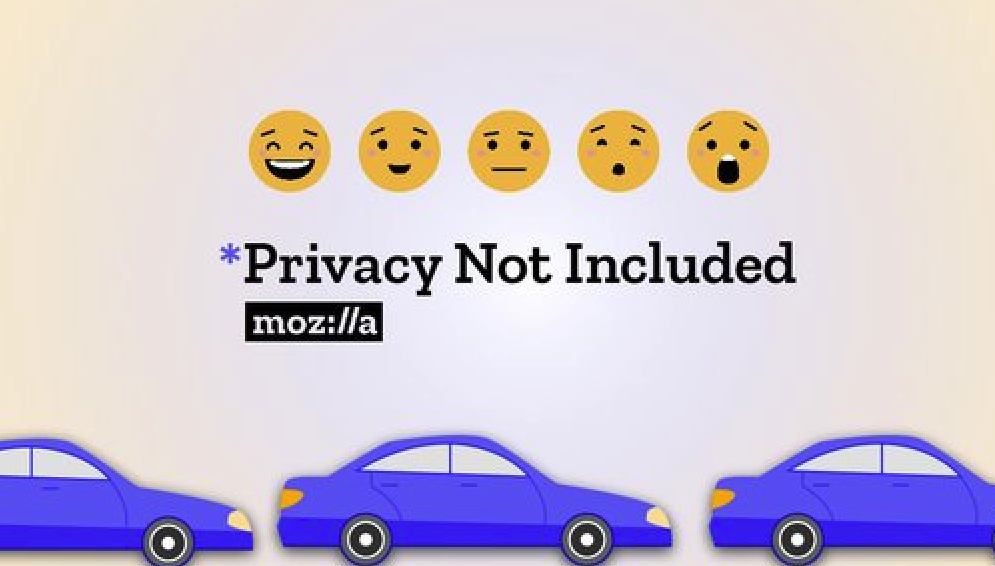
Mozilla Foundation warns: ‘Carmakers even collect info about your sex life’

Cars are a privacy nightmare and, therefore, deserve the ‘Privacy Not Included’ warning label /foundation.mozilla.org
A recent Mozilla Foundation study reveals some shocking facts, and 25 car manufacturers deserve the 'Privacy Not Included' warning label in


Comments
Ready to join the conversation?
You must be an active subscriber to leave a comment.
Subscribe Today